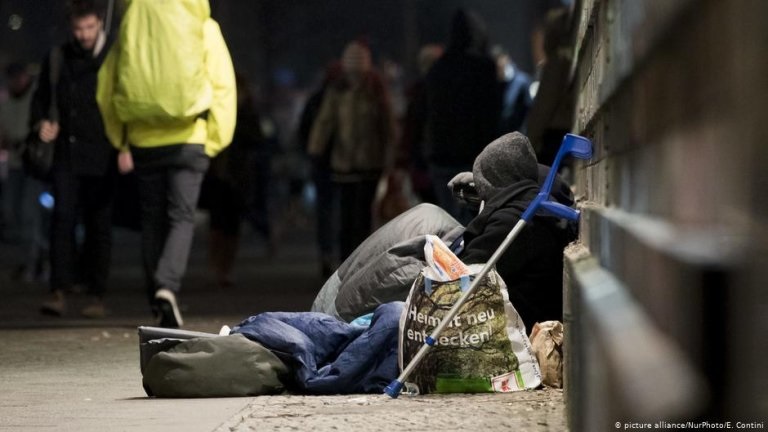
Young Women and Girls Face Increased Risk of Homelessness in Germany, Report Shows
A report from the Federal Working Group on Homeless Assistance (BAG W) has revealed that young women and girls in Germany are increasingly vulnerable to homelessness. According to the report, nearly 20% of individuals experiencing homelessness in Germany are under the age of 25, with a disproportionately high percentage of these being female. Among those under 18, 38% are female, a number that rises to 40% for individuals aged 18 to 20.
The report also highlights the concept of "hidden homelessness," in which many young people are not living on the streets but instead find temporary shelter with friends or acquaintances. This practice, known as "couch hopping," is particularly prevalent among young women, who often leave their homes earlier than men but face heightened risks in doing so. Violence and abuse are key factors contributing to their vulnerability, according to social workers.
Experts have raised concerns that some young women who rely on temporary accommodations may end up in exploitative situations in exchange for shelter. Markus Kütter, a social worker and board member at Strassenkinder e.V., a Berlin-based charity supporting homeless youth, explained that some young individuals are drawn into unsafe environments, including situations involving drug dealers and pimps.
Despite the legal responsibility of parents and youth welfare services to ensure that children and young people have a safe place to live, a 2022 report by the Federal Ministry of Labor and Social Affairs estimated that around 38,000 people aged 14 to 27 were unhoused in Germany. Experts note that the transition from youth welfare services to adult support systems often leaves young people without secure housing, increasing their risk of homelessness.
Germany’s welfare system offers financial assistance through programs like the Jobcenter, but navigating the system can be challenging for young people. Social workers have pointed out that responsibility for supporting these individuals often shifts between agencies, leading to confusion and gaps in care. Additionally, the shortage of affordable housing compounds the issue, making it difficult for young people, particularly those without steady employment, to secure housing.
In response to the growing homelessness crisis, the German government launched a national action plan in April aimed at eliminating homelessness by 2030. However, some critics argue that the plan does not adequately address the specific needs of young people or the issue of affordable housing.
At organizations like Strassenkinder, homeless youth can access basic resources such as meals, sleeping bags, and recreational activities. These centers offer young people a safe environment and help them work toward regaining stability.
Stichworte







